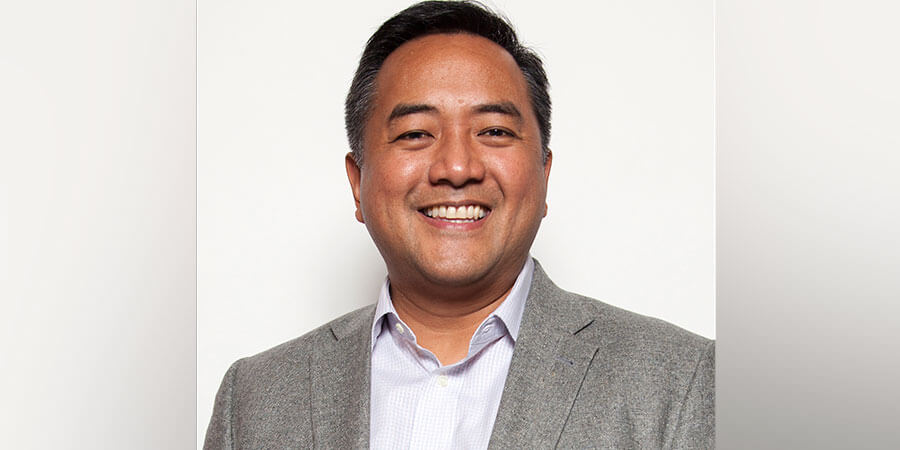In the last decade, we have witnessed an explosion of global interconnectivity, further enhanced by the arrival of a cache of emerging technologies ranging from biometrics to blockchain. Unfortunately, increased interconnectivity also means increased privacy and security risks such as illegal robocalls or scam calls posing a threat to enterprises and how they communicate with customers. Robocalls have become a rampant issue and have been responsible for destroying trust in calls and negative impacts to businesses in countries across the globe. Fortunately, recent developments have put operators one step closer to stomping out illegal calls, and this is where Neustar steps in to ease the burden.
As a global information services and technology company, Neustar is responsible for leading the market in responsible identity resolution. Jonjie Sena, the Senior Director of Product Marketing, spearheads Neustar’s go-to-market strategy for the company’s portfolio of trusted communications solutions. With a career spanning more than 20 years, Sena has been responsible for driving the development and launch of innovative solutions for communications service providers and enterprises around the world.
“We provide the data and technology that enables trusted connections between companies and people at the moments that matter most. Our various solutions enhance, optimize and secure the experience and effectiveness across multiple channels, including phone calls, messaging, social networks, websites, videos, and even TV,” Sena explained. Neustar offers industry-leading solutions in Marketing, Risk, Communications, and Security that responsibly connect data on people, devices, and locations, continuously corroborated through billions of transactions. Neustar serves more than 8,000 clients worldwide, including over 800 communication service providers (CSPs), and 60 of the Fortune 100.
When it comes to protecting and securing the way businesses connect with customers through calls, Sena believes that CSPs/operators are in a unique position to accurately identify illegal robocalls and put an end to this issue. “By utilizing advanced call analytics and identity resolution and verification in the call authentication process, CSPs can detect, block, and reduce unlawful robocalls and caller ID spoofing. Our robocall mitigation solution uses advanced call analytics to compute per-call fraud scores based on a broad range of authoritative data sources,” he said.
He further added that in the US alone, consumers receive more than 2000 robocalls a second. Not only are these calls considered a nuisance, they are also an avenue for financial scams, costing consumers and businesses alike. “In 2018, an estimated $10.5 billion USD was lost to call scams. Fraudsters are continually creating new and sophisticated schemes, creating a scenario where voice calls are no longer trusted. Over 70% of consumers will not answer their phone if they don’t recognize the caller’s name or number. We think this needs to change.”
As mentioned previously, immense worldwide interconnectivity has indirectly created an avenue for security risks, something that Sena explained has increased exponentially since the Internet’s formative years in the late 90s when the industry was still young and working to get the Session Initiation Protocol (SIP) based applications to support services such as voice over IP (VoIP). “One of the problems with VoIP calls is that the caller’s ‘from’ phone number can be changed at will. When this is done to intentionally misrepresent who the call is coming from, it’s called spoofing. Spoofing has become a huge problem because it means fraudsters can impersonate credit card companies, government agencies, or whoever else they want to pretend to be.”
The problem has become so severe that consumers are reluctant to pick up their phone regardless of who is calling, and this, in turn, is affecting legitimate businesses that need to reach their customers. “Doctors can’t reach their patients; schools can’t contact parents; and so on. Most of us have had times when we’ve missed important calls because we didn’t recognize the caller, and this is what we’re trying to solve,” Sena said.
With all these challenges ahead, Sena is determined to approach each and every one of them with a solution based on the needs of its diverse customer base. “Neustar provides Trusted Call Solutions to a diverse base of CSPs in North America, including tier-one operators, cable providers, mobile and smaller rural carriers. We tailor our solutions to meet the unique needs of each of these groups of customers,” he explained. In the case of smaller rural carriers, robocall mitigation analytics and call authentication can still be implemented to paralyse the stream of illegal robocalls and spoofing over their networks.
In terms of business relationships, Neustar is committed to building strategic partnerships with some of the biggest and most well-known brands in order to enhance their service performance to better provide for their mutual customers; Google, Facebook and Amazon Web Services being some of the many partners that Neustar has collaborated with. “This is really a reflection that in today’s market, particularly in the identity space, a collaborative ecosystem is required to deliver the most effective solutions, and I believe this is mutually beneficial. Through these relationships, our partners and customers have the opportunity to gain access to our broad portfolio of industry-leading technologies and solutions to help grow and guard their business.”







